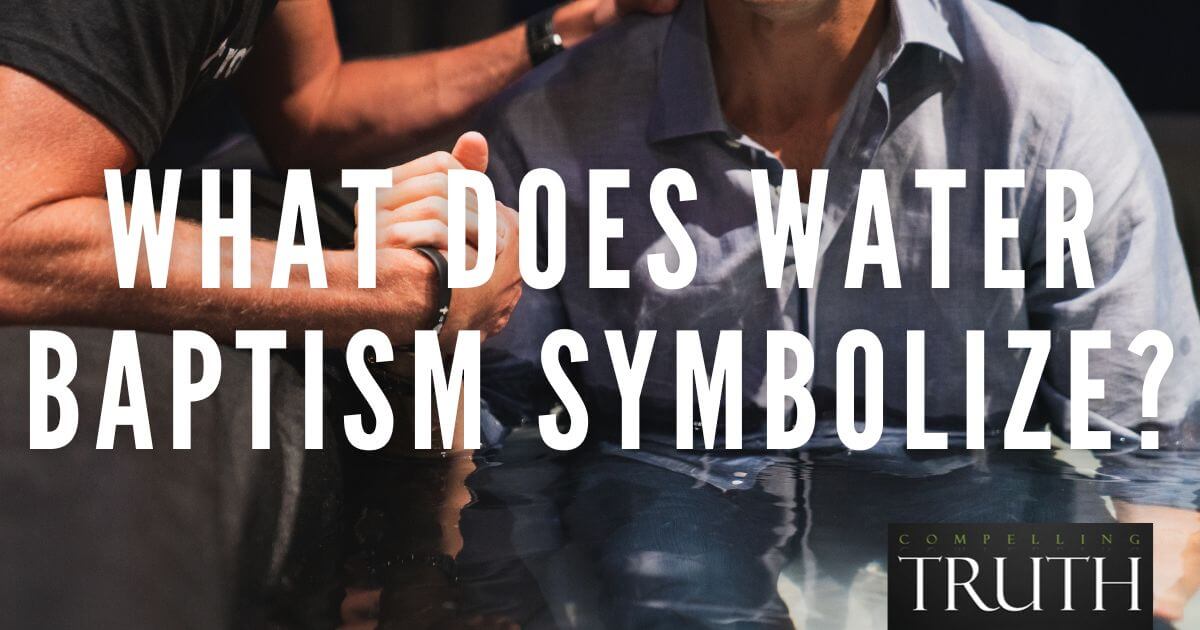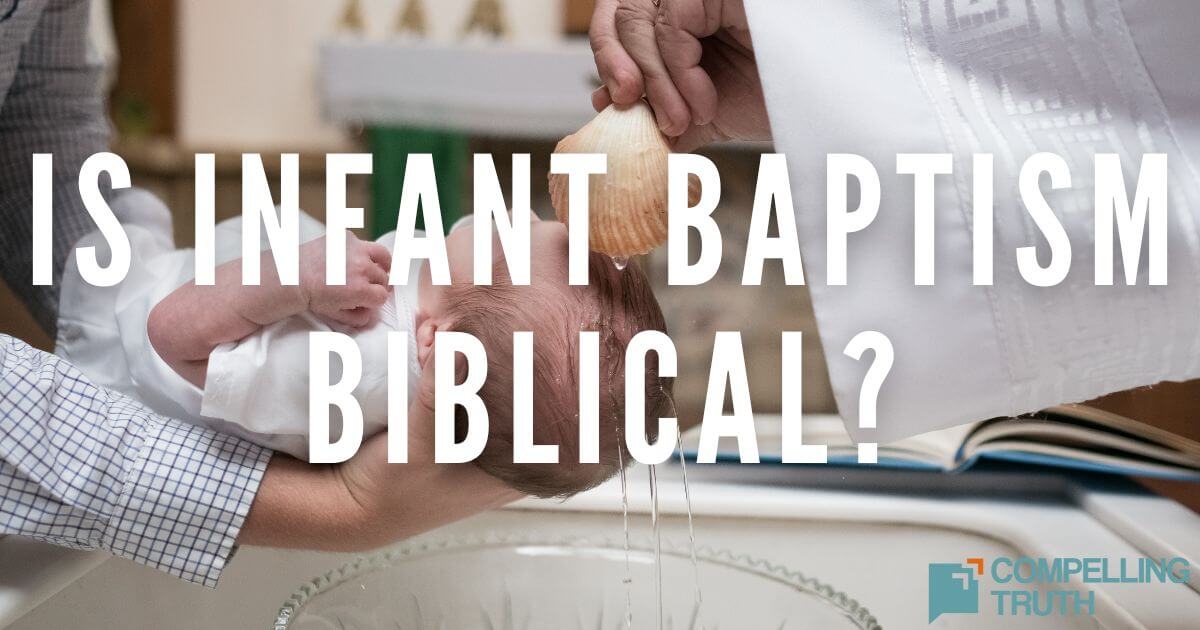The Bible teaches believer's baptism in which someone who is a follower of Christ chooses to be baptized in order to give witness to their faith in Christ. This baptism is sometimes referred to as water baptism because the person is submerged momentarily under water and then brought back up, symbolizing a spiritual rebirth just as Christ died and rose again. In addition, it is called a credobaptism from the Latin word for creed demonstrating that the person is accepting a new creed.
Baptism is an important step in following Jesus. When Jesus was baptized by John the Baptist, God proclaimed Jesus to be His Son (Matthew 3:16–17). In the early church when people heard the gospel and accepted Christ as their Savior, they then were baptized as a public proclamation of their faith (Acts 2:38). Throughout Acts there are examples of people hearing the gospel, accepting Christ, and being baptized (Acts 2:14–41; 8:26–40; 16:25–34; 19:1–7).
Some churches teach that baptism is a requirement for salvation. However, each of the biblical examples of baptism after Christ's resurrection state that the people first accepted Christ and then were baptized. Thus, baptism is not an act of salvation, but rather a response to it. The Bible clearly states that salvation is by God's grace through faith and not works (Ephesians 2:8–9; Galatians 2:16). Adding anything to the gospel is like saying Jesus' death on the cross was insufficient for salvation. Saying baptism is a requirement for salvation is to say that our works must be added to Jesus' finished work on the cross in order to be saved. Jesus' death alone made complete atonement for our sins and is fully sufficient for our salvation (Romans 5:8; 2 Corinthians 5:2; Hebrews 10:10).
Other churches, including the Roman Catholic Church, teach infant baptism. They sprinkle water on infants believing that it ensures their salvation. There is no biblical reference to infant baptism. Infants are not able to understand the gospel and therefore cannot make the choice to accept Christ as their Savior. Their parents cannot make this decision for them as only God knows what is in a person's heart and can judge them for what they have done in their lifetime (Jeremiah 17:10; Romans 2:5–6). There are examples, though, of parents dedicating their children to God (Luke 2:22; 1 Samuel 1:11). Dedication usually consists of parents praying that the child will choose to accept Christ and follow God, as well as committing to teach their children God's truth and bring them up in a way that honors God (Proverbs 22:6; Ephesians 6:4).
Baptism is for believers. Baptism is a physical symbol of the spiritual reality that occurs when a person puts his or her faith in Jesus Christ. We die to sin, are cleansed by Jesus, and are raised to new life in Him.
Baptism is an important step in following Jesus. When Jesus was baptized by John the Baptist, God proclaimed Jesus to be His Son (Matthew 3:16–17). In the early church when people heard the gospel and accepted Christ as their Savior, they then were baptized as a public proclamation of their faith (Acts 2:38). Throughout Acts there are examples of people hearing the gospel, accepting Christ, and being baptized (Acts 2:14–41; 8:26–40; 16:25–34; 19:1–7).
Some churches teach that baptism is a requirement for salvation. However, each of the biblical examples of baptism after Christ's resurrection state that the people first accepted Christ and then were baptized. Thus, baptism is not an act of salvation, but rather a response to it. The Bible clearly states that salvation is by God's grace through faith and not works (Ephesians 2:8–9; Galatians 2:16). Adding anything to the gospel is like saying Jesus' death on the cross was insufficient for salvation. Saying baptism is a requirement for salvation is to say that our works must be added to Jesus' finished work on the cross in order to be saved. Jesus' death alone made complete atonement for our sins and is fully sufficient for our salvation (Romans 5:8; 2 Corinthians 5:2; Hebrews 10:10).
Other churches, including the Roman Catholic Church, teach infant baptism. They sprinkle water on infants believing that it ensures their salvation. There is no biblical reference to infant baptism. Infants are not able to understand the gospel and therefore cannot make the choice to accept Christ as their Savior. Their parents cannot make this decision for them as only God knows what is in a person's heart and can judge them for what they have done in their lifetime (Jeremiah 17:10; Romans 2:5–6). There are examples, though, of parents dedicating their children to God (Luke 2:22; 1 Samuel 1:11). Dedication usually consists of parents praying that the child will choose to accept Christ and follow God, as well as committing to teach their children God's truth and bring them up in a way that honors God (Proverbs 22:6; Ephesians 6:4).
Baptism is for believers. Baptism is a physical symbol of the spiritual reality that occurs when a person puts his or her faith in Jesus Christ. We die to sin, are cleansed by Jesus, and are raised to new life in Him.



